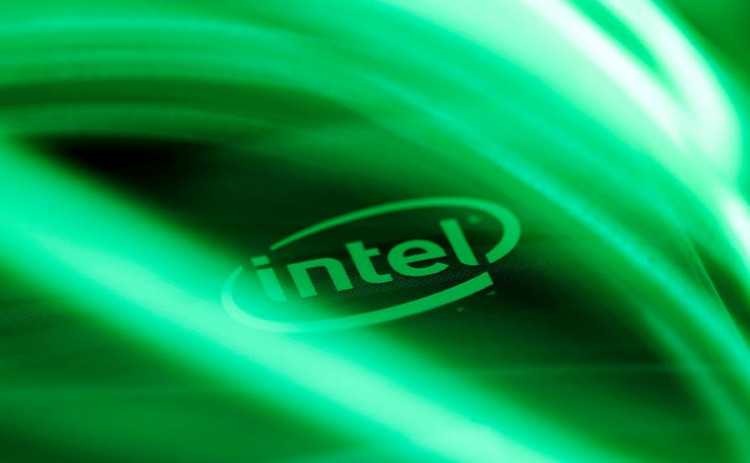Intel Corp launched a new chip called Gaudi2 that is focused on artificial intelligence computing, as the chipmaker makes a bigger push into the AI chip market, which is currently dominated by Nvidia Corp.
The Gaudi2, developed by Intel's Israel-based Habana Labs, is twice as quick as its first-generation predecessor, according to Intel's Vision conference for customers and partners. According to Eitan Medina, Habana's chief operating officer, the chip should be in servers by the end of the year.
It has been difficult to displace Nvidia's market share because many AI researchers and corporations are accustomed to using Nvidia's software platform CUDA. As a result, Intel informed Reuters that, in addition to new AI processing hardware, it has been working on software development.
According to Medina, the Gaudi2 was built using Taiwan Semiconductor Manufacturing Co's 7-nanometer transistor technology, as opposed to 16-nanometers previously. The smaller the transistor size, in general, the faster and more powerful the chip.
The Gaudi line of AI chips accelerates the specific math calculations at the heart of today's artificial intelligence technology. As Medina said, a third-generation Gaudi3 with higher performance, more memory, and better networking capabilities are already in the works.
The Gaudi2 and other similar chips, such as Nvidia's new H100, are intended to accelerate the artificial intelligence revolution sweeping the computing industry. The powerful chips are driving initiatives to train AI models, which learn by processing complex real-world data to find patterns more efficiently and cost-effectively.
They promise improved voice recognition for automatic caption generation, as well as more complex operations like self-driving cars. (According to Medina, Mobileye, Intel's autonomous vehicle subsidiary, trains its AI systems with first-generation Gaudi processors, but the company also has other automotive customers.)
Cruise, General Motors' self-driving car subsidiary, appears to agree. According to Hussein Mehanna, head of Cruise's AI work, the company pays rent to Nvidia GPUs on Google's cloud computing infrastructure because GPUs have more mature AI software and "extreme amounts of flexibility."
Sandra Rivera, Intel's data center and AI vice president stated that the AI chip market is expected to grow at a rate of 25% per year over the next five years, reaching around $50 billion.
"We intend to invest and innovate to lead this market," she said, adding that more investments will be made in software, both to expand Intel's team and to acquire other companies.






